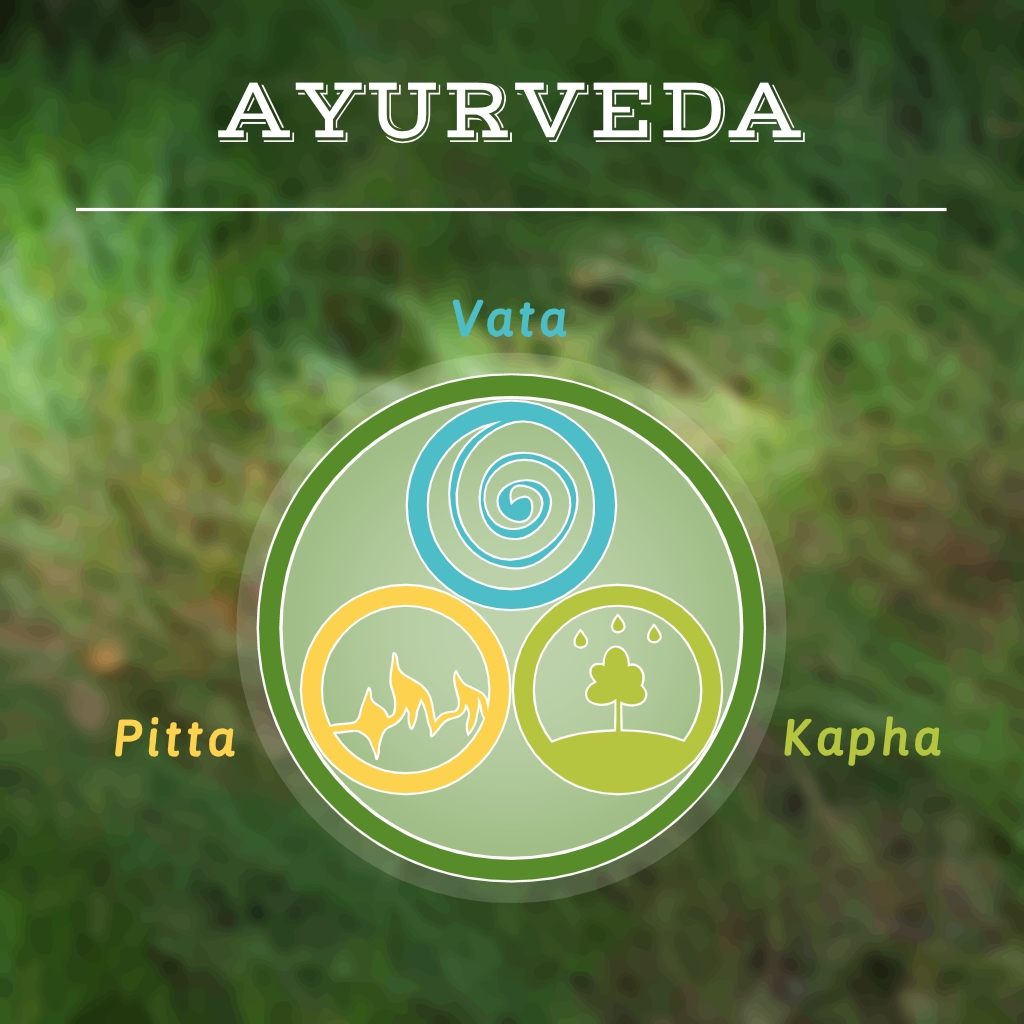
Yoga and Ayurveda: What are the Benefits for Cancer Survivors?
Cancer is a complex group of illnesses with costly and difficult treatments. Increasingly, research supports the use of integrative and complementary care for people diagnosed with cancer. Yoga, and its sister science, Ayurveda, are both ancient systems developed in India at least 5,000 years ago, but are increasing in popularity and use as complementary or integrative care modalities throughout the world today. Understanding their benefits and uses can add to the potential pool of healing modalities that can be of use for people diagnosed with cancer.
What is Ayurveda?
Yoga developed primarily as a spiritual path, while Ayurveda, which means “life knowledge” or “life science” developed primarily as a system of healthy living, based on balance in the mind and body. It is a science of maximizing not only health, but human potential by living in harmony with nature.
The Sanskrit word for health is “svastha,” which means “established in the self.” This term provides an insight into the philosophy of Ayurveda, which is to focus on the individual being in a state of balance between mind, body and environment.
Ayurveda promotes an individualized form of health guidance which begins with an Ayurvedic assessment. An Ayurvedic assessment is based in part on an analysis of a person’s doshas, which mean “defects.” Each individual is born with a set of physical, mental, emotional and spiritual predispositions that form his or her doshas. These tendencies, which are associated with the elements, are called Kapha, Pitta and Vata, and combinations of these doshas make up our constitutions.
Kapha consists of earth and water; Pitta consists of water and fire; and Vata consists of air and ether. For example, when in balance, Kapha dosha is steady and enduring, but out of balance can be sluggish or stuck. In balance, Pitta dosha can be focused and effective, but out of balance can be irritable and impatient. Vata dosha, in balance, can be creative or spiritual, but out of balance can be anxious or ungrounded.
A person is born with a “prakruti,” a natural combination of the doshas, while a “vikruti” represents an imbalance of the original doshas, which typically happens throughout our lives due to our environments, stress, habits, etc. An imbalance of the doshas sets the stage for the development of disease. While there are many ways to get an idea of one’s doshic constitution, including self-assessment quizzes, a visit to qualified Ayurvedic practitioner who uses other methods, including a pulse, will yield a more accurate result.
There are many versions of the dosha self-assessment online, including the one that the Chopra Center at: http://doshaquiz.chopra.com/.
Ayurveda and Disease
Unlike most forms of Western medicine, Ayurveda lists the following stages of disease which identify very early phases of the disease process, as follows:
- Accumulation – one or more doshas are increased. Illness begins in one of the three main dosha sites: the stomach for kapha, the small intestine for pitta and the colon for vata.
- Aggravation – the accumulated dosha continues to increase and this creates imbalance with the other doshas.
- Overflow – the main location “overflows” and the accumulated dosha spreads into the body carrying along ama, a form of toxins.
- Localization – the dosha settles at the weak sites of the body.
- Manifestation – symptoms of the disease appear at the site of settlement.
- Full development of the disease and complications as the disease becomes chronic.
Western medicine does not typically recognize the signs of stages 1-3 of the disease process, and often not until stage 5 or 6. Symptoms that would fall into stages 1-3 might be ones that can be vague and often considered difficult to treat from a Western medical point of view, such as fatigue or insomnia. Ayurveda provides a great deal of life style wisdom in order to balance the doshas, which can be especially effective in the earliest stages of illness when the full expression of the disease can still be avoided.
Doshas are associated with certain times of day, year and life when doshas tend to get imbalanced. For example, fiery Pitta tends to get aggravated during the summer, Kapha tends to be aggravated by wet spring weather, while Vata is aggravated by the cold and dryness of winter. Childhood and the early years of life are associated with Kapha, midlife is characterized by Pitta and our later years are associated with Vata. As we age we tend to become more Vata imbalanced, explaining why so many older people flock to warmer climates, and we also require more oils, both internally and externally.
The dosha that most easily goes out of balance—and correspondingly, often pushes the other doshas out of balance—is Vata. Easily affected by travel, bad weather, unpredictable schedules, late nights and stress, Vata dosha responds favorably to regular schedules, warm and nourishing meals, lots of rest—and like all the doshas—especially to consistent early bedtimes and rising times. The beauty of Ayurveda is that it offers many common sense lifestyle suggestions that empower power to take control of their own situations and improve their lives on many levels simultaneously.
Precautions with Using Ayurveda
Ayurveda provides much common sense wisdom for dealing with health in harmonious and mostly gentle ways, however, there are always caveats for individuals using any type of therapy. Although it is increasing in popularity in the United States, more research on the benefits and precautions associated with Ayurveda is needed in order to bring it into further mainstream medical stream use, especially for serious medical conditions. Ideally, when dealing with a cancer diagnosis, Ayurveda would be a part of a fully integrated treatment plan as it is a system and one risk of bringing it into a Western framework is potentially disconnecting the value of the system as a whole, or as a way of living.
The National Institutes for Complementary and Integrative Health provide the following suggestions with regard to Ayurveda:
- Do not use Ayurvedic medicine to replace conventional care or to postpone seeing a health care provider about a medical problem.
- Tell all your health care providers about any complementary and integrative health approaches you use. Give them a full picture of what you do to manage your health. This will help to ensure coordinated and safe care.
Further Study on Ayurveda
For more information on Ayurveda, see Ayurvedic Healing: A Comprehensive Guide by David Dr. Frawley, and Ayurveda, The Science of Self-Healing: A Practical Guide by Vasant Lad. Drs. Lad and Frawley are considering leading experts in the field of Ayurveda education and they both write on this very complex topic in a way that is accessible to people new to the material as well as for those with more experience with the topic.
See more on Ayurveda and Cancer:
- Boost Immunity with Ayurveda
- Kelly Turner, PhD on Cancer, Ayurveda, Personalized Medicine and Radical Remission











